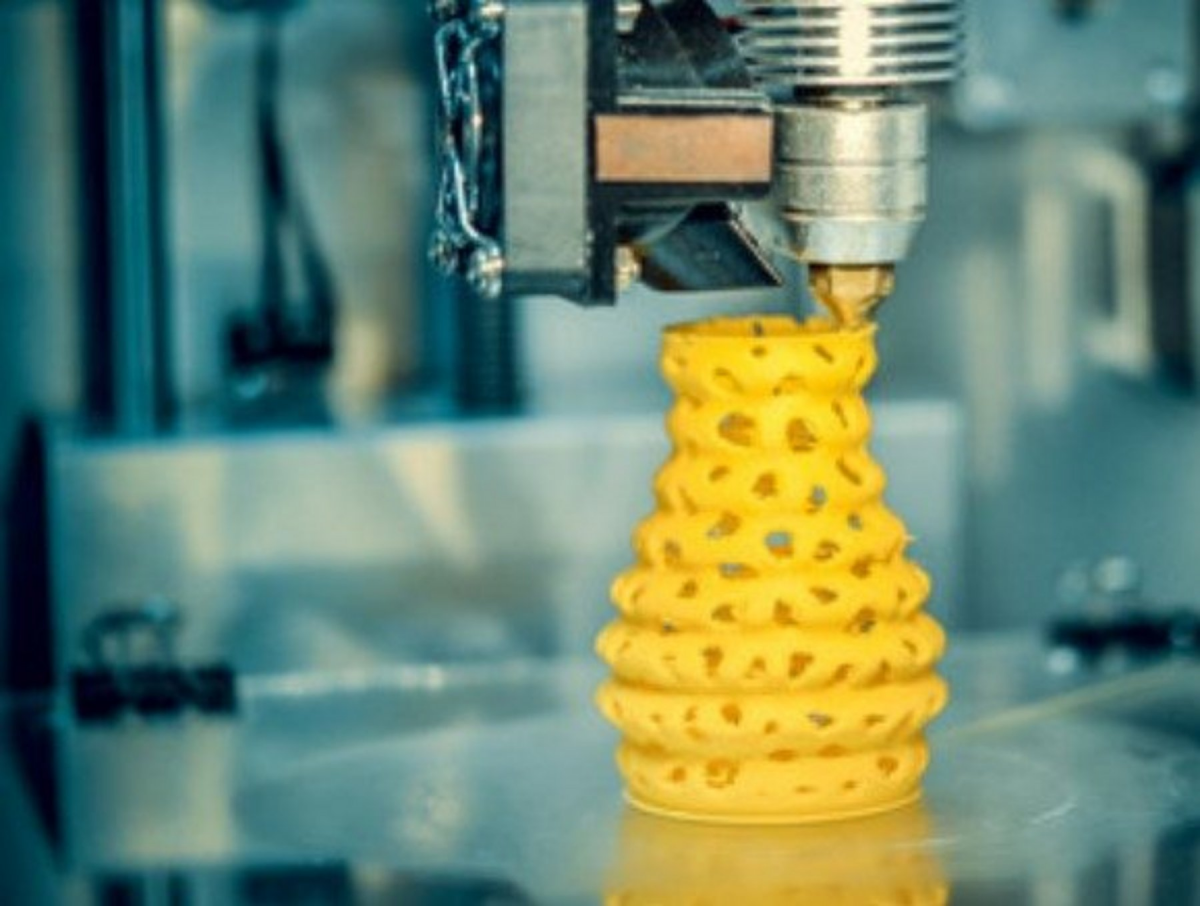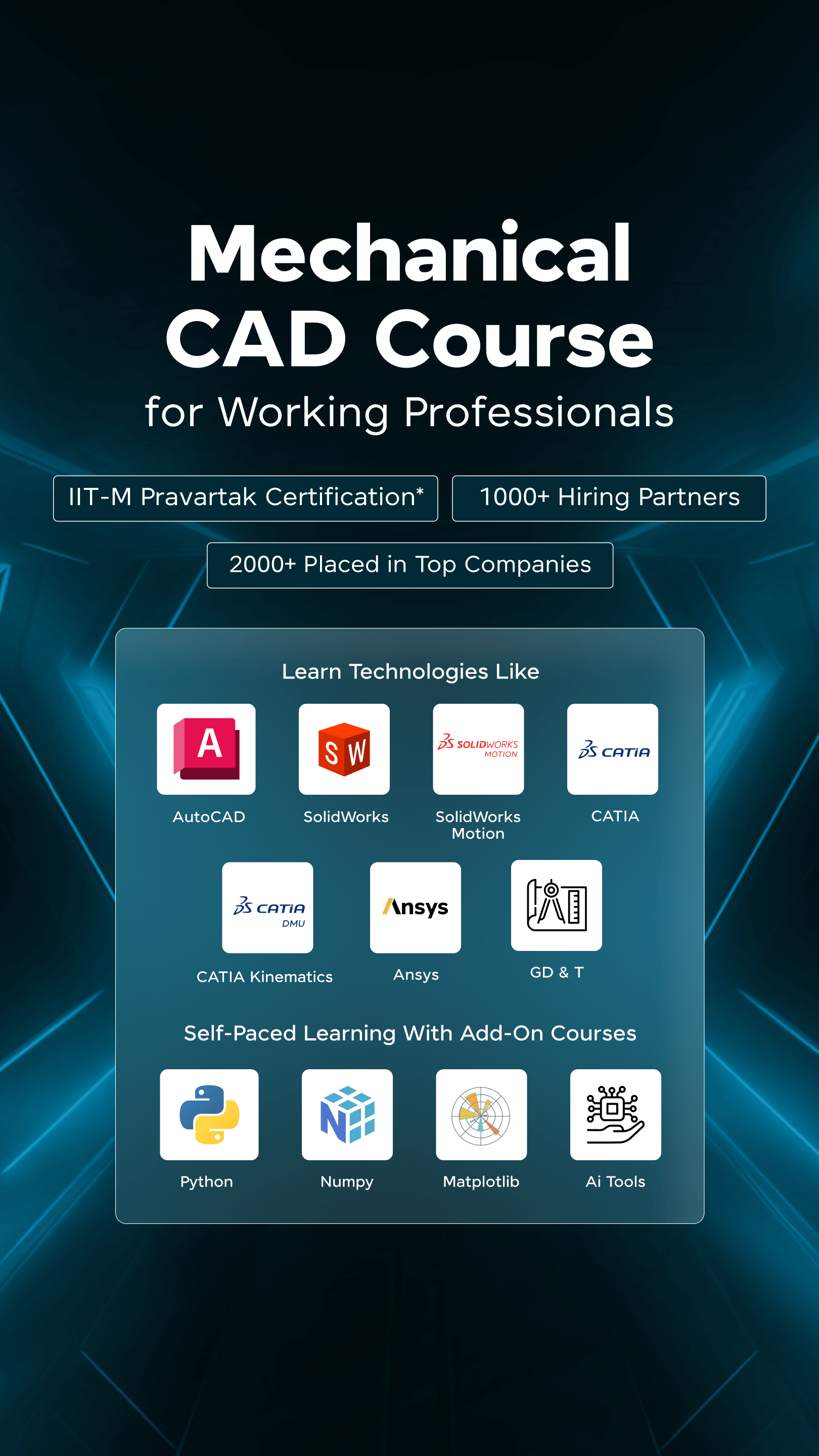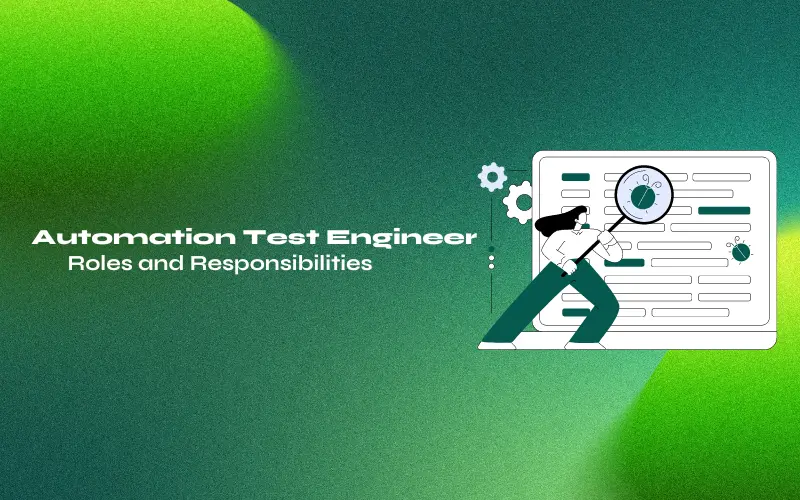
Top 4 Job-Oriented Courses After Mechanical Engineering
Oct 01, 2024 2 Min Read 15048 Views
(Last Updated)
Looking for job-oriented courses after mechanical engineering? Mechanical Engineering is one of the most popular and evergreen courses. However, due to cutting-edge computer-driven technologies making all the thuds, the once most sought-after stream of engineering is seeing a sudden downfall.
Mechanical Engineering is now sugar-dusted with advanced technologies and sees a shift in related jobs. Many students are extending their learning with top-up courses.
These job-oriented courses after mechanical engineering give an altogether shift in salaries and job roles for mechanical engineers.
Mechanical graduates who miss earning a great job even after four long years of hard work and effort are smoothly shifting towards well-paid jobs after taking up these crash courses.
So, let’s look at the possible reasons that push mechanical engineers to take up job-oriented courses after mechanical engineering.
Table of contents
- Advantages of pursuing short-term job-oriented courses after mechanical engineering:
- Trending job-oriented courses after mechanical-engineering
- AutoCAD Online Courses
- 3D Printing and Design Courses
- Robotics
- Mechatronics Course
- So, which job-oriented courses (after mechanical engineering) are you taking up?
Advantages of pursuing short-term job-oriented courses after mechanical engineering:
- Short-term courses
- Multiple course streams to choose from
- Can master any specialization in a couple of months
- Get job-ready with corporate-type experience
- Multiple feasible options like online courses / Self-paced courses
- Comparatively fewer course fees
- Pocket the dream job faster
Whether it’s a diploma, certificate, or degree, the choice often depends on the student’s reasons for pursuing the course.
Now one thing to remember is these short-term courses are a great chance to learn new skills or stay abreast with industry advancements.
So, which are the options for you in the list of job-oriented courses after mechanical engineering? Let’s have a look at these.
Before we move on to the next part, you should have a deeper knowledge of key mechanical engineering concepts. You can consider enrolling yourself in GUVI’s CAD Program for Mechanical Engineers, which lets you gain practical experience by developing real-world projects and covers technologies including AutoCAD, Solidworks, CATIA, Ansys, GD & T, etc.
Additionally, if you would like to explore AutoCAD for Mechanical Engineering through a self-paced course, you can take GUVI’s AutoCAD Mechanical Certification Course.
Trending job-oriented courses after mechanical-engineering
- AutoCAD Online Courses
- 3D Printing and Design Courses
- Robotics Course
- Mechatronics Course
- Space Flight Online Course
- Product Design Online Course
- Casting & Forging Part Design Online Courses
- Plastic Part Design Courses
- Sheet Metal Design Courses
- SOLIDWORKS Course
- Unigraphics Courses
- NEBOSH Courses
- CFD Engineering
- Design Engineering
- CAE engineering / FEA
- Nanotechnology
- Master in Business Administration
Let’s talk about a few job-oriented courses after mechanical engineering in detail here:
1. AutoCAD Online Courses
AutoCAD (ACAD) is a software application that assists in designing buildings and automobiles.
It is used for both 2D drawings and 3d models.

Who uses AutoCAD?
- Designers,
- Professional Architects,
- Construction Consultants, and
- Engineers
Uses of AutoCAD:
- Automate tasks,
- Create optimal plans with tools or
- Ensure the drawings and vertical surface measures fit well into the site plan
2. 3D Printing and Design Courses
3D Printing is a step-by-step process of 3D designing, modelling, and printing. 3D printing will help you bring your ideas to life.

Who uses 3D printing?
- Aerospace Industry
- Medical devices and Dentistry
- Mechanical Engineering
- Automotive Industry
- Tool-Making Industry, etc.
Uses of 3D printing:
- Making Turbine, satellite, and aerospace industry components
- In the making of Dental prostheses, inlays and other implants.
- Machine making
- Tool making
3. Robotics
Robotics involves the design, construction, operation and use of machines (robots) to perform tasks done traditionally by human beings.

Who uses Robotics?
Factories and other industrial settings involved in performing dangerous or difficult tasks.
Uses of Robotics:
- Operator interface
- Materials handling
- Spot Welding
- Painting
- Mechanical Cutting, Grinding, Deburring and Polishing
- Mobility or locomotion
- Manipulators & Effectors
- Programming
- Sensing & Perception
Mechatronics Course

It is a mechatronics engineering course focusing on the amalgamation of mechanical, electrical and electronic engineering systems. It includes the study of robotics, electronics, computer science, telecommunication systems, and product engineering.
Who uses Mechatronics?
Engineers use Mechatronics majorly in manufacturing, health care, and space exploration fields. Moreover, engineers also use it to manufacture tools that make our lives easier on a day-to-day basis.
Uses of Mechatronics:
- Cybersecurity,
- Telecommunications,
- Computer science,
- Automotive engineering,
- Robotics,
- Artificial intelligence, and
- Consumer products and packaging.
Can Mechanical Engineers become Software Engineers? Check Here.
Are you looking to switch from Mechanical Engineering to Software Engineering? Wondering how to do that? Check here.
So, which job-oriented courses (after mechanical engineering) are you taking up?
Well, whichever job-oriented courses (after mechanical engineering) you pick up be rest assured that your career is going to peak from there. That is because these job-oriented courses after mechanical engineering will open up immense interesting opportunities your way.
Kickstart your career by enrolling in GUVI’s CAD Career Program for Mechanical Engineers where you will master technologies including AutoCAD, Solidworks, CATIA, Ansys, GD & T, etc, and build interesting real-life mechanical projects.
Alternatively, if you would like to explore AutoCAD for Mechanical Engineering through a self-paced course, you can take GUVI’s AutoCAD Mechanical Certification Course.






















![Top 10 Mistakes to Avoid in Your Data Science Career [2025] 7 data science](https://www.guvi.in/blog/wp-content/uploads/2023/05/Beginner-mistakes-in-data-science-career.webp)



![Top React Interview Questions and Answers! [Updated] 11 React Interview Questions](https://www.guvi.in/blog/wp-content/uploads/2022/01/Top-React-Interview-Questions-and-Answers.webp)




Did you enjoy this article?